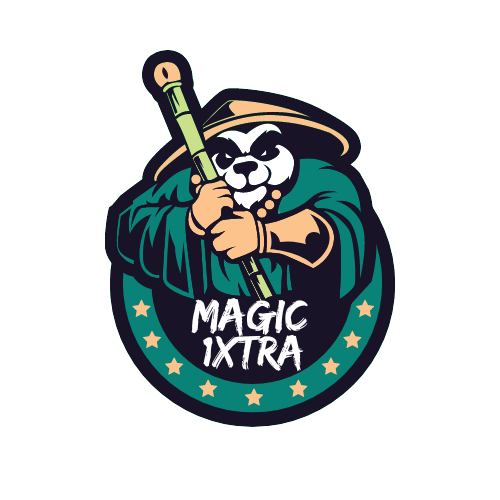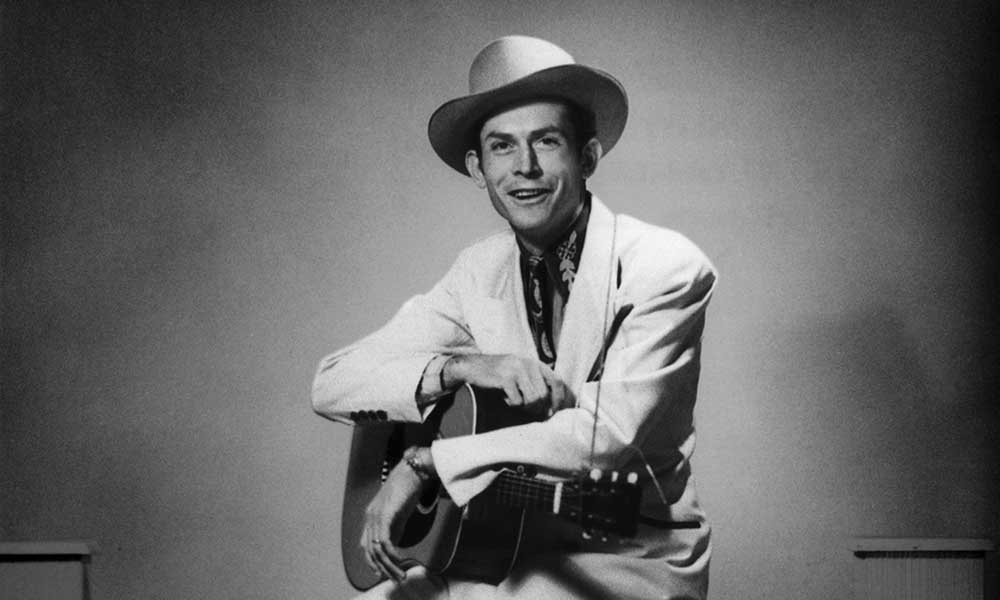Hank Williams had been on thin ice with the organizers of Nashville’s already-fabled concert and broadcast institution, The Grand Ole Opry, when he pushed his luck too far on August 9, 1952.
Williams was still a major recording star, but his wayward personal life and unreliable behavior were now leading to serious career recriminations. With his alcohol abuse sometimes getting the better of him, he had missed many appearances at the Opry before, as well as other concert engagements. In June, his movie contract with MGM was cancelled; a few weeks later, he and his wife Audrey were divorced, for the second time, bringing their turbulent relationship to an end.
Hank’s no-show for his August 9 engagement was one too many for Opry manager Jim Denny. Two days later, he fired Williams, bringing a sad end to a run on the show that had begin in such glory only three years earlier, when he became the first performer in Opry history to receive six encores. The termination was potentially all the more damaging because the show booked performers for engagements all over the country.
Nevertheless, Hank’s popularity with record-buyers continued unabated, as did his creativity, at least for now. A week after the incident, he entered Billboard’s country chart with what would be his next No.1, “Jambalaya (On The Bayou).” Almost simultaneously, he was writing another future favorite, “Kaw-Liga,” which became a further chart-topper — but by then, Williams had expired, at just 29 years of age.
The Opry has often stated that it had never intended his cancellation to be permanent; poignantly, it had been intended as a wake-up call which, sadly, he could not heed. For many years, his devoted fans have been campaigning to have Hank reinstated as a member of the Grand Ole Opry, in recognition of his enduring contribution to country music as a whole.
Listen to the best of Hank Williams on Apple Music and Spotify.



